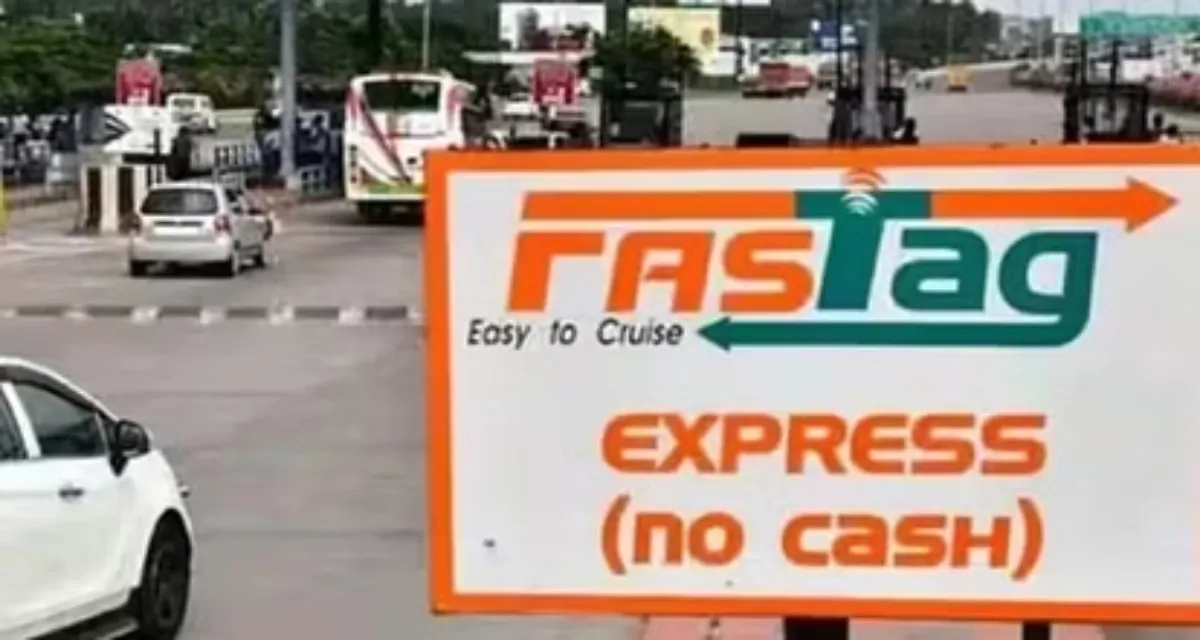
NHAI Ordered to Pay ₹25,000 Fine for Collecting FASTag Fee in Cash

NHAI Ordered to Pay ₹25,000 Fine for Collecting FASTag Fee in Cash
In a significant ruling, the District Consumer Disputes Redressal Commission in Madurai has directed the National Highways Authority of India (NHAI) to pay compensation of ₹25,000 for collecting FASTag fees in cash from a user when the system failed to detect his tag. Additionally, NHAI has been instructed to pay an extra ₹10,000 to the complainant.
The commission, chaired by its president M. Piravi Perumal and member P. Shanmugapriya, issued the directive following a complaint filed by Martin David, the vice-principal of American College. David, who was travelling to Sivakasi on official duty, encountered issues at the Kappalur tollgate in September 2020 when the system failed to detect his FASTag. Despite having sufficient funds in his FASTag account, toll plaza employees compelled him to pay cash, subjected him to ill-treatment, and caused him to endure a prolonged wait, according to David's petitioner, Dinesh Kumar.
This ruling sheds light on the challenges faced by motorists utilizing the FASTag system, which was introduced to streamline toll collection and reduce congestion at toll plazas. FASTag, a prepaid rechargeable tag affixed to a vehicle's windscreen, employs Radio Frequency Identification (RFID) technology to enable automatic deduction of toll charges as vehicles pass through designated toll plazas.
The case highlights the importance of ensuring the seamless functioning of the FASTag system and addressing instances of malpractice or inconvenience faced by users. While FASTag has been lauded for its potential to enhance efficiency and convenience in toll collection, incidents such as these underscore the need for stringent oversight and accountability measures to safeguard the interests of motorists.
Under the NHAI's guidelines, users are encouraged to maintain sufficient funds in their FASTag accounts to ensure uninterrupted passage through toll plazas. However, instances of system failure or erroneous detection can result in unwarranted inconvenience for users, as demonstrated by David's experience.
The commission's decision to penalize NHAI for its failure to rectify the situation promptly and for subjecting David to undue inconvenience sends a strong message regarding the importance of upholding consumer rights and ensuring accountability in toll collection processes. It serves as a reminder to toll operators and authorities to prioritize the effective functioning of toll collection systems and promptly address any discrepancies or grievances reported by users.
As India continues to modernize its infrastructure and embrace digital solutions for governance and service delivery, incidents such as these underscore the importance of ensuring that technological innovations are implemented effectively and responsibly, with due consideration for the needs and rights of citizens.
NHAI's obligation to compensate David for the inconvenience caused and the commission's directive to pay a fine underscore the need for toll operators and authorities to uphold the highest standards of transparency, efficiency, and accountability in toll collection processes. As India endeavours to build a more efficient and responsive infrastructure network, the concerns and grievances of citizens must be addressed promptly and effectively to ensure the seamless functioning of essential services and the protection of consumer rights.
Also Read: